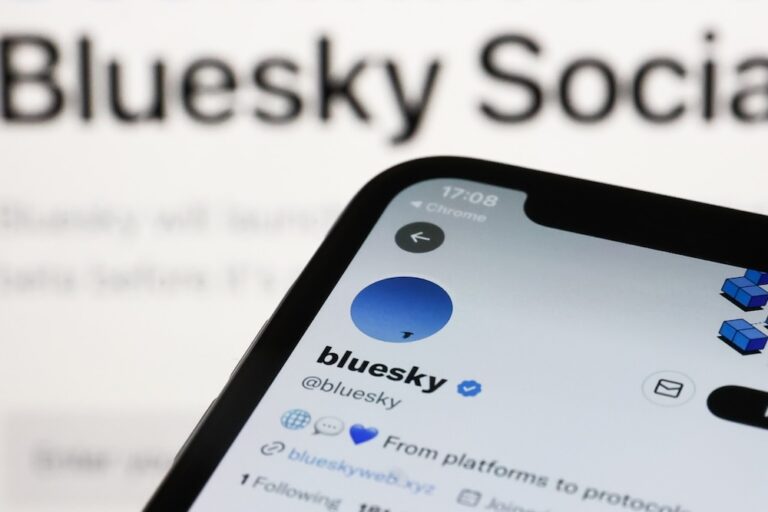A Kuwaiti royal faces jail time for insulting an emir on Snapchat, Russians contemplate life without online porn and internet shutdowns are ever-present in Egypt’s Sinai Peninsula.
This statement was originally published on globalvoices.org on 22 September 2016.
Global Voices Advocacy’s Netizen Report offers an international snapshot of challenges, victories, and emerging trends in Internet rights around the world.
Citizens in Egypt’s North Sinai region weathered a shutdown of phone and Internet services over the weekend of September 17 that went on for at least eight hours. Al-Masry Al-Youm reports that most areas of the region have had service restored, but there’s little hope that networks will remain connected for good.
The northern zone of the Sinai Peninsula, which abuts Israel and Palestine’s Gaza strip, has been heavily controlled by the Egyptian military since mid-2013, when they began in earnest their assault on violent insurgent groups in the region. By early 2014, cuts to telecommunications networks would regularly last throughout the day, in what appears to be an effort to deter insurgents from communicating with one another. The collateral damage this has brought upon citizens, leaving them unable to communicate, stay in touch with loved ones, send and receive information and money, among many other things, is incalculable. Citizen groups have organized to protest the cuts on various occasions, but have seen little result. The cuts have also helped solidify a de facto media blackout in the region that has resulted from strict punishments for journalists seeking to cover military operations in the area.
In December 2015, Egyptian technologist and Global Voices’ author Ramy Raoof described to TIME Magazine how security authorities were cutting network connections “indiscriminately,” noting that they have made no effort to preserve basic or emergency services, such as the ability to call for an ambulance. And when networks are down, insurgents can use other unblockable means of communications like roaming foreign (chiefly Israel-based) mobile networks and satellites. Like many others, Raoof reasons: “It doesn’t prevent the bad guys from doing bad things.”
Kuwaiti royal faces jail time for insulting emir on Snapchat
A Kuwaiti court convicted Sheikh Abdullah Salem Al Sabah of insulting the royal family, despite the fact that he is the grandnephew of the emir. He has been sentenced to three years in prison and ordered to pay a fine of USD $16,500 for sending a Snapchat message in which he criticized the main cabinet, which is occupied entirely by members of the royal family (and his own).
Russian blogger convicted of publishing ‘extremist statements’ about Syria
Russian prosecutors have called for opposition blogger Anton Nossik to be sentenced to two years in a penal colony for publishing “extremist statements” online. The charges stem from a blog post titled “Wipe Syria From the Face of the Earth,” where Nossik called for bombing all of the country, including territory controlled by the Syrian government — an expression of opposition to the Assad regime. The post was published just days before the Russian government began a bombing campaign in support of the ruling Assad government. Nossik’s verdict is set to be announced on October 3.
Why didn’t the UAE have an ‘Arab Spring’?
Despite a relative absence of government protests, state-sponsored repression in the UAE is commonplace: arrests, enforced disappearances, torture, unfair trials, deportations and revocation of citizenship are tactics used to silence dissent in the country. Despite boasts by UAE leaders of the high living standards of citizens, “for the time being…activists and government critics do not seem to enjoy the happiness, well-being and safety the Emirates offer,” writes Global Voices’ Afef Abrougui.
New research shines light on political censorship in Bahrain
Bahrain is using an Internet filtering software called Netsweeper to censor political content, including pages relating to human rights, opposition politics, Shiite websites, local and regional news sources and content critical of religion, according to new research by the University of Toronto’s Citizen Lab. Citizen Lab researchers found that the software was being used on nine Bahrain-based ISPs during the summer of 2016. The report concludes: “The sale of technology used to censor political speech and other forms of legitimate expression, to a state with a highly problematic human rights record, raises serious questions about the corporate social responsibility practices of Netsweeper.”
Russians contemplate life without Internet porn
Russian authorities blocked two major porn sites this week, including PornHub and YouPorn, by adding the sites to the country’s blacklist. Russian censors have targeted porn streaming services in the past, but previously limited bans to Russian localized versions. This is the first time ISPs have been asked to ban the full global versions of the sites. Led by a group of journalists, Russian Internet users have responded to the bans with an online flashmob, where people film themselves watching pornographic videos and narrating what they see.
More than anyone else, the US is knocking on Twitter’s door
Twitter’s latest transparency report shows that the US government made more requests for users’ personal data than any other government — and that overall the number of government requests rose 2.1 percent, affecting 8 percent more user accounts. In this report, Twitter also revealed more detailed information on who is making the requests from the US. The company said the FBI, Secret Service and the New York County District Attorney’s Office were the top requesters for account information.
Latin American indigenous language activists promote new emojis
Calls for more emoji diversity have expanded beyond skin color to include more culturally diverse representations, writes GV’s Eddie Avila. In addition to a recent petition to include a hijab emoji, indigenous language activists in Mexico and Chile have begun to create their own emoji sets reflecting traditional dress and linguistic expressions in languages including Huastec, spoken mostly in central Mexico, and Mapudungun, spoken by the Mapuche of Chile.
Happy Software Freedom Day!
September 17 marked Software Freedom Day, a global celebration of the use of free and open source software. To mark the occasion, free and open source software enthusiasts gathered together in cities around the world to hold hackathons, run free software installation camps, and educate people about its use.
New Research
Fearful Silence: The Chill on India’s Public Sphere – PEN International
Information Control 2.0: The Cyberspace Administration of China tames the internet – Mercator Institute for China Studies
Tender Confirmed, Rights At Risk: Verifying Netsweeper in Bahrain – Citizen Lab



